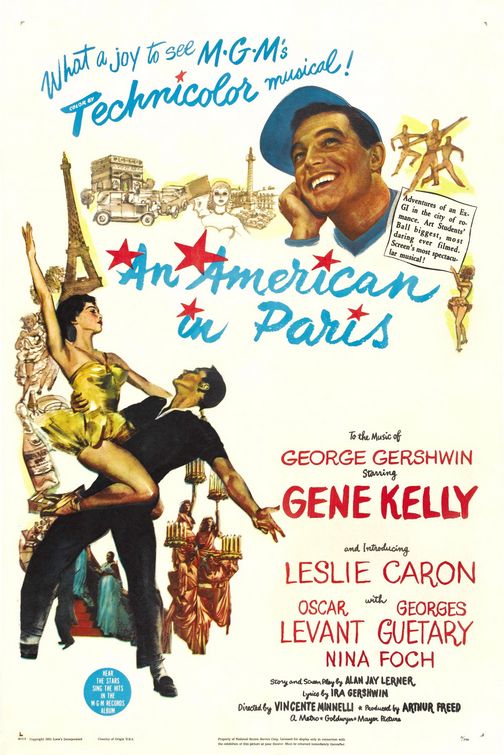ARNOLD Brings Schwarzenegger’s Life to the Screen
ARNOLD is a 3-part series on Netflix telling Arnold Schwarzenegger’s life and career, in his own words and the words of many who worked closely with him. It encapsulates his life, starting as a child in a small Austrian town post-WWII and follows his journey into bodybuilding, America, acting and politics into the present day.
Beginning in his Austrian childhood, the psychological framework of young Arnold was formed in a deeply hurting time and family. His father, who had PTSD from the war (and in a country that Arnold described as being full of men broken by the war), encouraged personal competition between Arnold and his brother at young ages, instilling a lifelong, unsatisfied need for his father and mother’s approval. Part of his father’s postwar coping mechanism was alcoholism, which Arnold described as bringing about a kind of schizophrenia at home where his father could be kind sometimes and then physically abusive at other times. The competitiveness of home life, the deep desire to experience more of the world “out there” and exposure to bodybuilding through actor and weightlifting champion, Reg Park, were influential in propelling Arnold into the world of extreme weightlifting. At 20, he achieved the first of his four Mr. Universe titles.
In the following years, Arnold continued to climb to the highest levels in the world of bodybuilding; his unprecedented potential, accomplishments, work ethic and talent garnered him an invitation to compete and train in America with fitness icon Joe Weider. Arnold describes his realized vision of coming to America as coming “home.” After continuing to dominate competitive weightlifting and through the broadened horizons of opportunity, camaraderie and mentorship that the sport and America opened up for him, he became increasingly interested in acting and starring in Hollywood movies. Throughout Arnold’s personal narration, he refers to his story as containing many “peaks.” He had quickly climbed and dominated the mountain of bodybuilding. He was looking for another peak to climb. That next mountain was Hollywood and becoming a leading man. This wasn’t easy, but eventually, through the right combination of opportunities paired with his rejection of failure, he eventually became the “it-man” in Hollywood. During this time, he met and married Maria Shriver, and he describes family and the joy their children brought to them as “staggering.”
Partly through exposure to his wife’s family–the Kennedys–Arnold experienced the world of politics. Through his achievements as an athlete, President Bush appointed him to Chairman of the President’s Council of Physical Fitness and Sports. Additionally, he was involved in Special Olympics activities and remarked that he was happier being involved in the Special Olympics than on a movie set. This period reveals his growth into a “giving back” stage. Arnold notes that only in America could he have done what he did, coming from another country and going from bodybuilding to acting to politics. His gratitude for America and what it gave him encouraged him to enter politics with a genuine personal conviction that he was a public servant. His involvement in politics entailed sacrifice and a toll on his family and their lives together.
ARNOLD is well produced, with thoughtfully curated cinematography. A standard-in-class, autobiopic documentary, ARNOLD is an engagingly told story with moments of gritty shock value that momentarily take one “out” of the story and into the world and life experience it exhibits. This can be both a pro and a con to the viewer’s experience. While there are elements showing problematic and sinful realities, there is also much to admire and inspire within the story.
ARNOLD has a moral framework—certainly a sense of compassion, kindness and service—but throughout, the story showcases examples of immoral behavior, though those actions are not justified. While characters clearly value moral decency, obscenities and profane language are used throughout, as well as an explicit reference to sexual intercourse and explicit terminology of intercourse elements. Characters approve of Nietzsche’s “What doesn’t kill you makes you stronger” maxim. Taking steroids for bodybuilding is referred to. Consistent smoking of cigars is shown. Accusations and references to groping and sexual harassment, as well as discussion of an extramarital affair and a child born out of wedlock, are discussed. It is handled appropriately with remorse for wrongdoing and valuing the child from the affair. Additionally, contemporary political agendas are approved of, including COVID-19 vaccines. There is a reference to the January 6th “insurrection” and environmentalism. Despite these topics, both the series and Arnold Schwarzenegger are explicitly patriotic and pro-America.
Extreme caution for older teenagers and/or adults (-2) is advised. There is consistent use of vulgar, obscene and profane language: Taking the name of the Lord in vain, vain use of the name of Jesus, s-word, F-bombs, SOB, a**, h*ll. It uses the words “c*mming” twice and “org*sm” explicitly. It has sequences of noteworthy violence, and some blood and graphic wound imagery excerpted from Arnold’s action films is shown. It references children and women being hit at home in domestic violence. There is a verbal reference to upper male nudity during beach scenes, and during bodybuilding competitions, men wear speedos. Lower backside male nudity is hazily visible in one brief, darkly lit scene. There are also scantily clad women in string bikinis and two pictures of porn stars wearing very revealing tops referenced in an anecdotal story. Two simple kisses on the mouth are shown: one by a random award presenter in a competition, the other between a married couple. Continuous cigar smoking is shown throughout. No alcohol use was depicted. Miscellaneous immorality includes an extramarital affair, sex outside of marriage referred to and military insubordination.
Release Date: June 7, 2023
Starring: Arnold Schwarzenegger
Distributor: Netflix
Genre: TV Mini-Series, Documentary, Autobiography Intended Audience: Adults
TV Rating: TV-MA
Runtime: 180 minutes
Questions or comments? Please write to us here.


 - Content:
- Content: 

